From Page to Screen: The Best Book-to-Movie Adaptations

Book-to-movie adaptations have long captivated audiences, bridging the gap between the written word and visual storytelling. While some adaptations have been met with critical acclaim, others have struggled to capture the essence of their source material. However, the best adaptations not only remain true to the original story but also enhance it through cinematic techniques, breathing new life into beloved narratives. Explore some of the finest book-to-movie adaptations, highlighting how these films have successfully transformed literary works into captivating cinematic experiences.
1. The Lord of the Rings Trilogy (2001-2003)
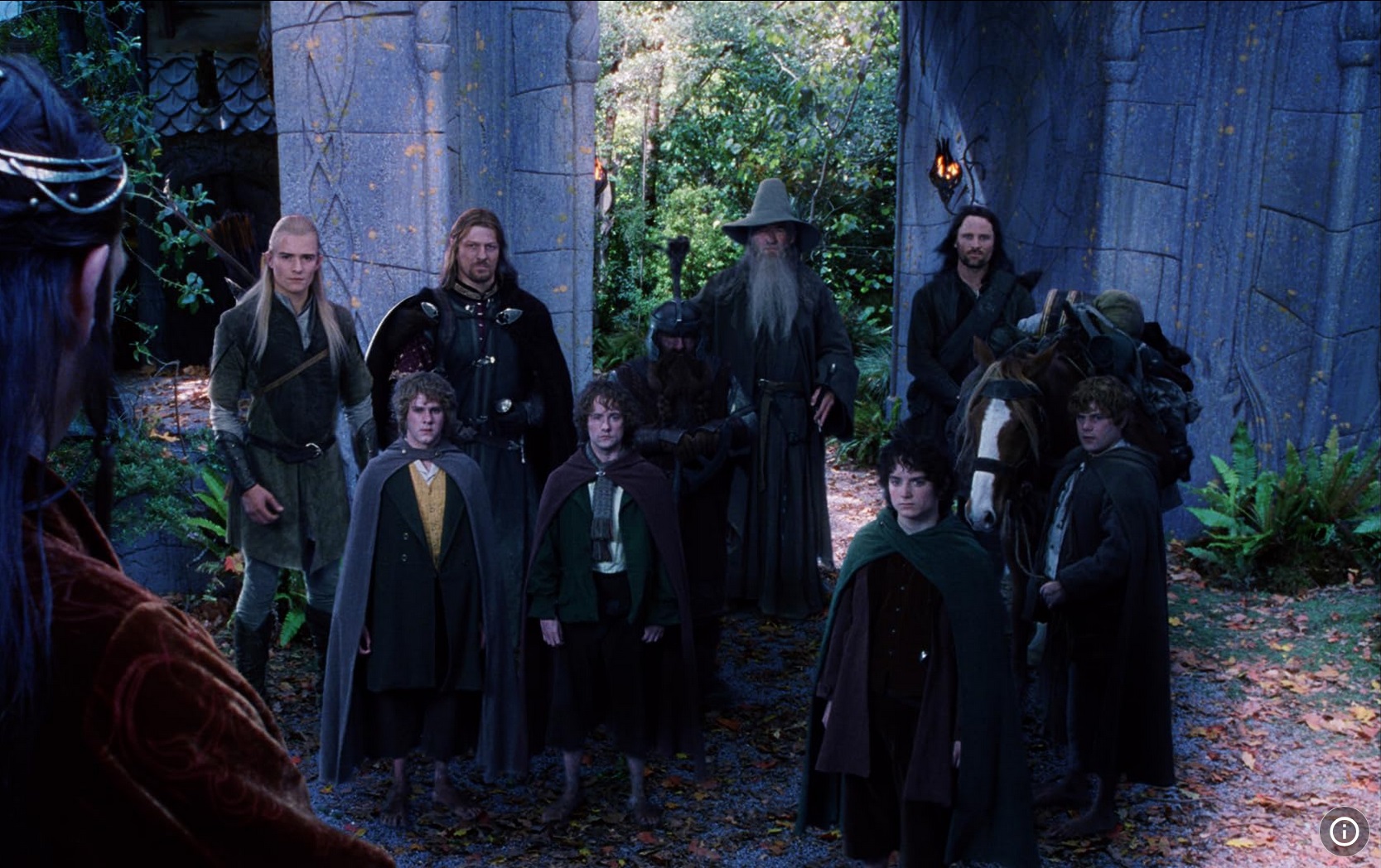
Peter Jackson’s adaptation of J.R.R. Tolkien’s epic fantasy series is often hailed as one of the most successful book-to-movie transformations in cinematic history. The trilogy—comprising The Fellowship of the Ring, The Two Towers, and The Return of the King—masterfully captures the rich world of Middle-earth and the complex relationships between its characters. Jackson’s meticulous attention to detail, coupled with stunning visuals and an exceptional score by Howard Shore, creates an immersive experience that resonates with both fans of the books and newcomers to the story. The trilogy’s success at the Academy Awards, including multiple Best Picture nominations and several wins, solidifies its status as a landmark in film adaptations.
2. To Kill a Mockingbird (1962)
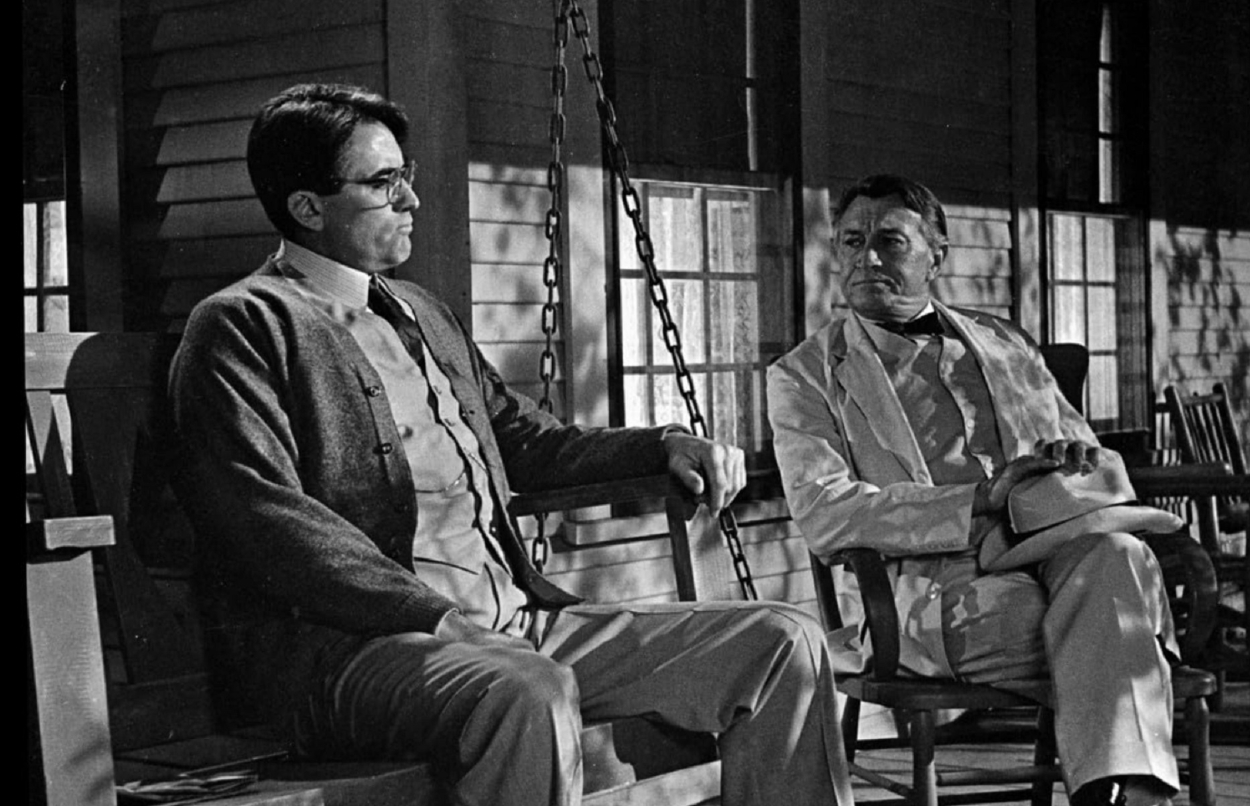
Based on Harper Lee’s Pulitzer Prize-winning novel, To Kill a Mockingbird remains a powerful exploration of racial injustice and moral growth. Directed by Robert Mulligan, the film stars Gregory Peck as Atticus Finch, a role that earned him an Academy Award for Best Actor. The adaptation captures the novel’s poignant themes while maintaining the innocence and perspective of young Scout Finch. Through stunning black-and-white cinematography, the film effectively conveys the atmosphere of the American South during the Great Depression. Its enduring relevance and emotional depth make it a classic adaptation that continues to resonate with audiences today.
3. The Shawshank Redemption (1994)
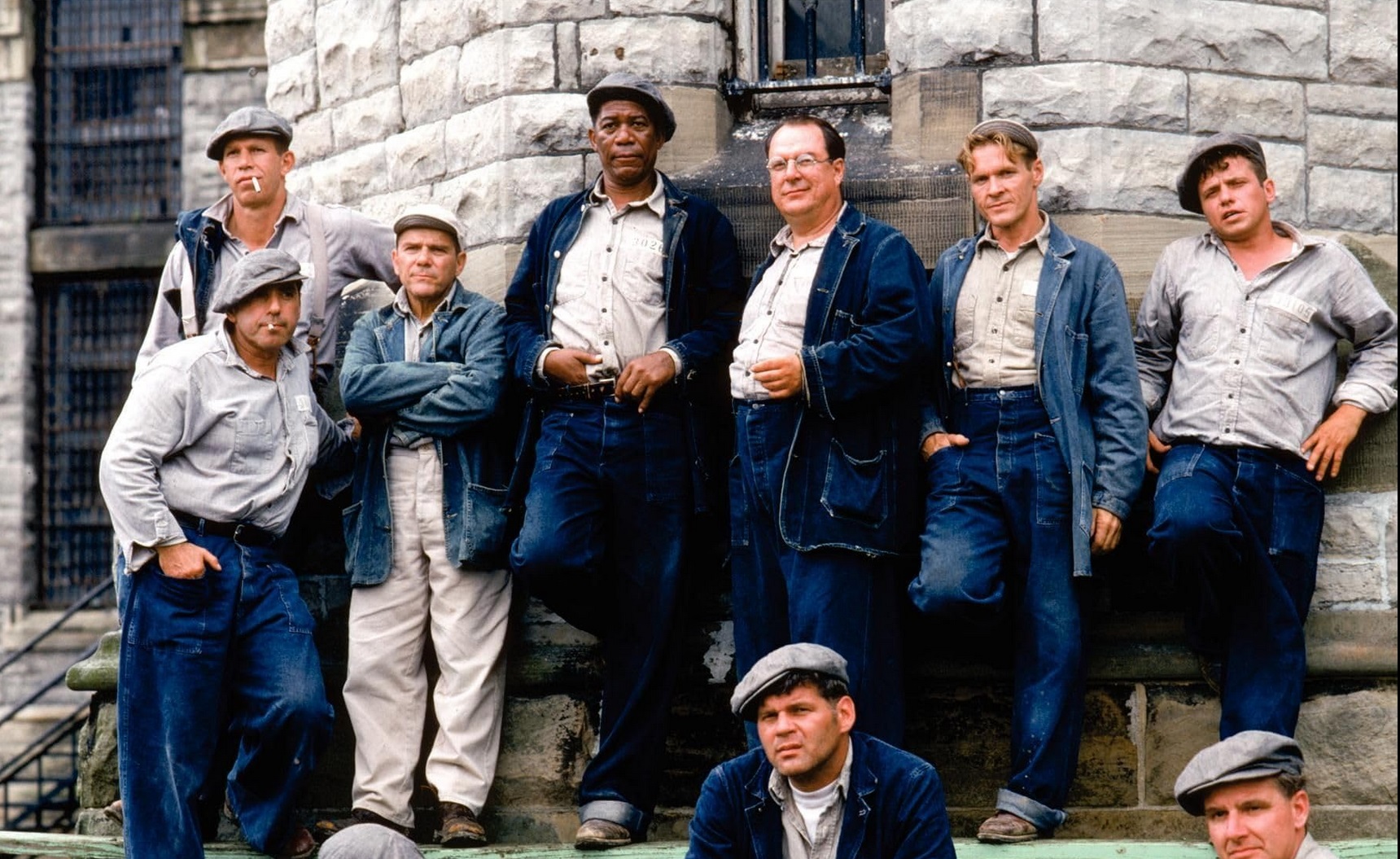
Based on Stephen King’s novella Rita Hayworth and Shawshank Redemption, this film, directed by Frank Darabont, has gained a reputation as one of the greatest movies of all time. The story follows Andy Dufresne, portrayed by Tim Robbins, as he navigates life in Shawshank State Penitentiary after being wrongfully convicted of murder. The film’s exploration of hope, friendship, and resilience is beautifully portrayed through its characters and their relationships. With standout performances from Robbins and Morgan Freeman, the adaptation transcends its source material, transforming a relatively short novella into a compelling, character-driven narrative that resonates deeply with viewers.
4. Pride and Prejudice (2005)
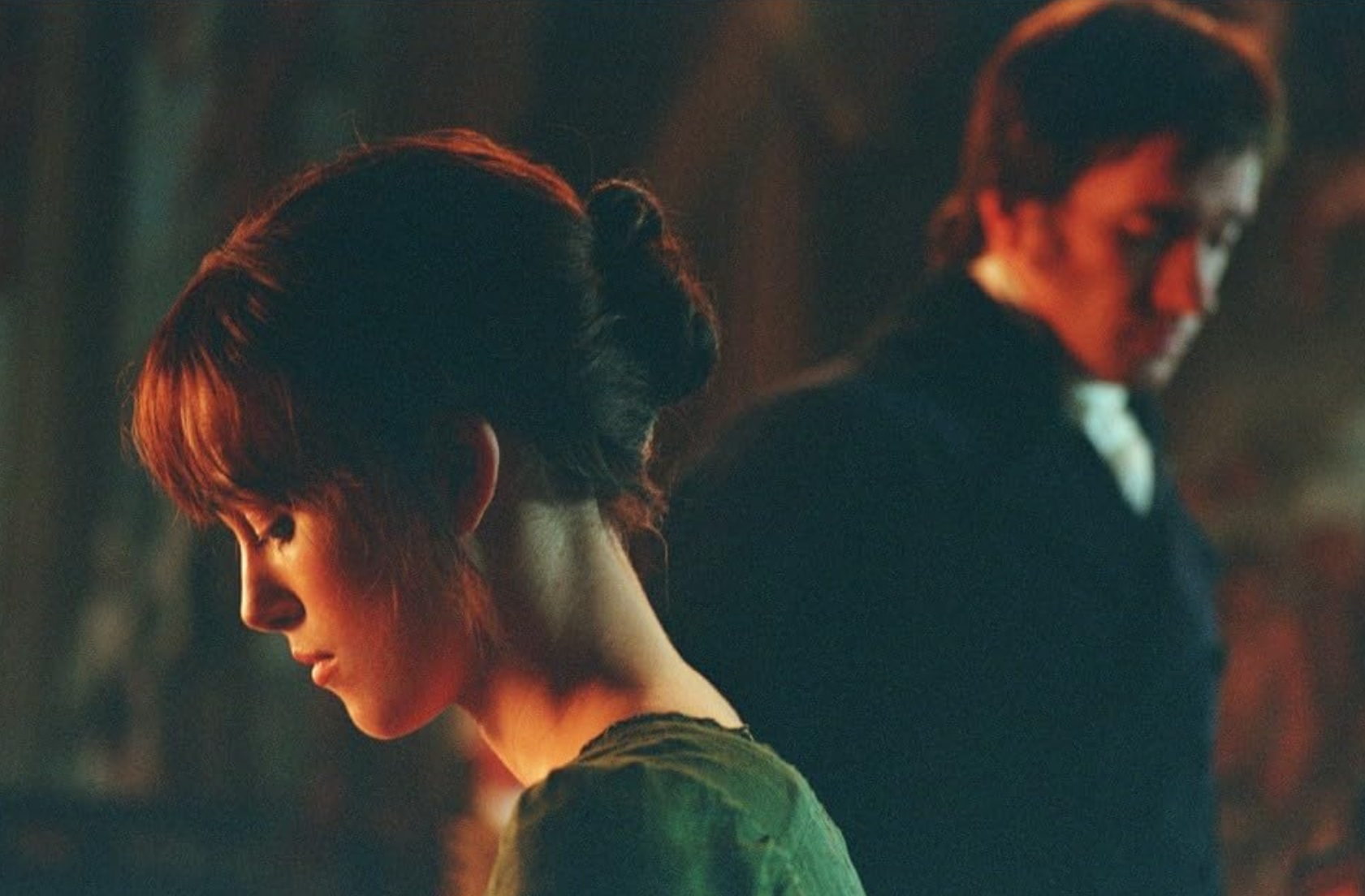
Joe Wright’s adaptation of Jane Austen’s beloved novel Pride and Prejudice breathes new life into the classic story of love and social class in early 19th-century England. Starring Keira Knightley as Elizabeth Bennet and Matthew Macfadyen as Mr. Darcy, the film captures the essence of Austen’s wit and social commentary while emphasizing the characters’ emotional journeys. The lush cinematography, period-accurate costumes, and evocative score enhance the romantic atmosphere, making the film a visual delight. Knightley’s performance earned her an Academy Award nomination for Best Actress, solidifying the adaptation as a beloved representation of Austen’s work.
5. The Great Gatsby (2013)
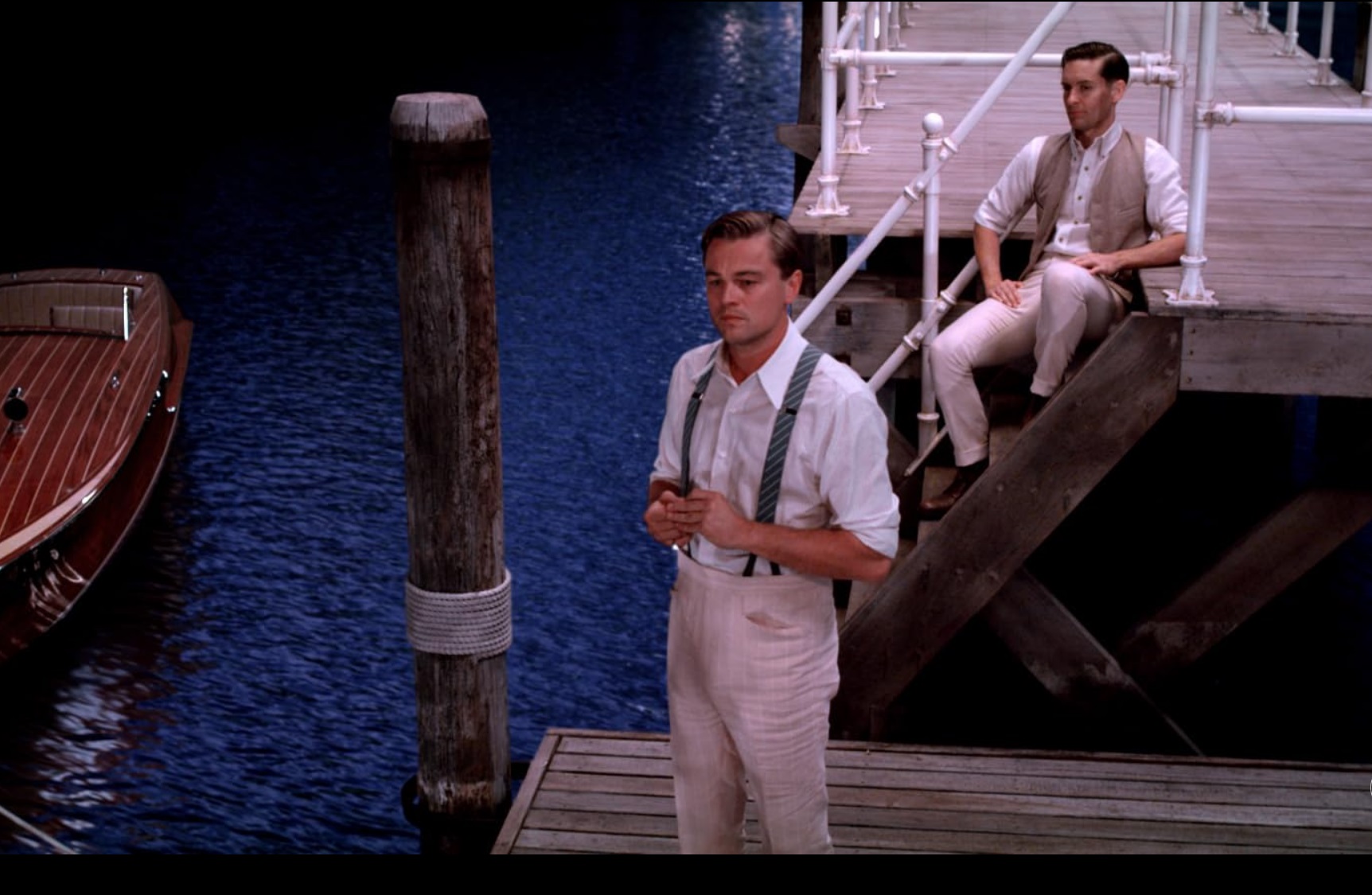
Baz Luhrmann’s visually stunning adaptation of F. Scott Fitzgerald’s The Great Gatsby takes viewers on a vibrant journey into the opulent world of the Roaring Twenties. Starring Leonardo DiCaprio as Jay Gatsby, Carey Mulligan as Daisy Buchanan, and Tobey Maguire as Nick Carraway, the film captures the novel’s themes of ambition, love, and the elusive American Dream. Luhrmann’s unique directorial style, characterized by extravagant visuals and a contemporary soundtrack, brings a fresh perspective to Fitzgerald’s classic tale. While some critics argue about fidelity to the source material, the film’s artistic interpretation and emotional resonance have garnered a dedicated following.
6. Harry Potter Series (2001-2011)
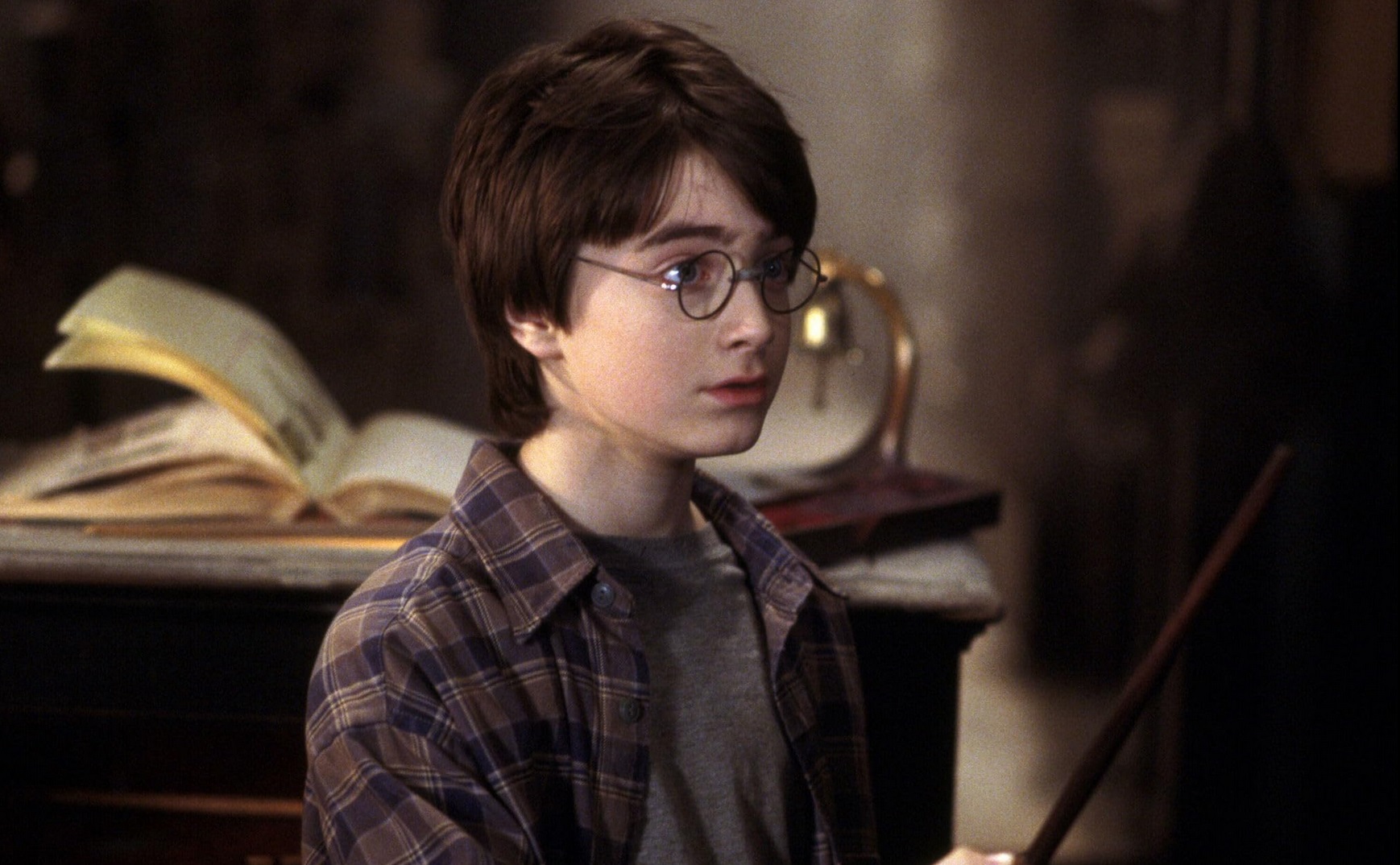
The Harry Potter film series, based on J.K. Rowling’s globally beloved books, successfully brings the magical world of wizards and witches to life. Spanning eight films, the series follows the journey of Harry Potter, portrayed by Daniel Radcliffe, as he battles the dark forces led by Lord Voldemort. Each installment captures the essence of Rowling’s storytelling, balancing moments of wonder, friendship, and conflict. With elaborate sets, impressive special effects, and a talented ensemble cast, the adaptations appeal to both young audiences and adults who grew up with the books. The series’ cultural impact has solidified its status as one of the most successful book-to-movie adaptations in history.
7. The Silence of the Lambs (1991)
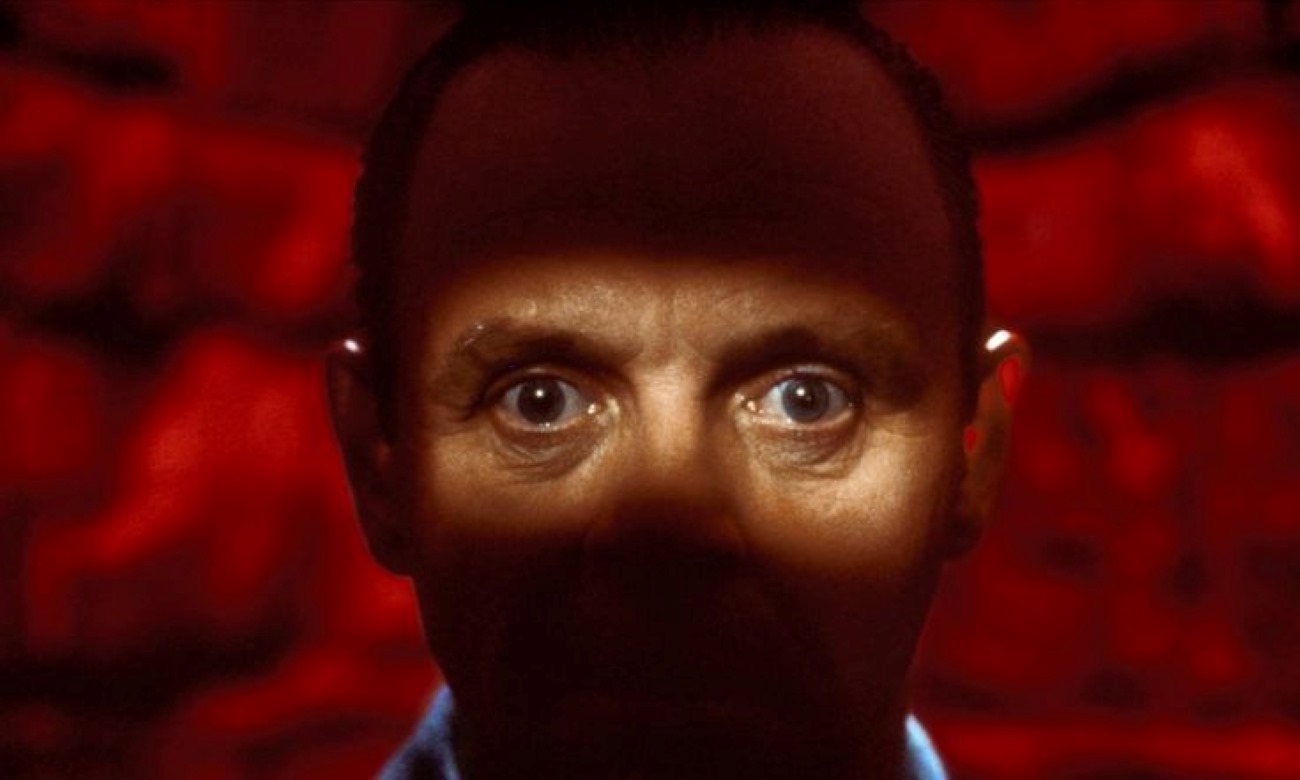
Jonathan Demme’s adaptation of Thomas Harris’s psychological thriller, The Silence of the Lambs, is a masterclass in suspense and character development. The film follows FBI trainee Clarice Starling, played by Jodie Foster, as she seeks the help of incarcerated cannibalistic serial killer Dr. Hannibal Lecter, portrayed by Anthony Hopkins. The adaptation excels in translating the intense psychological cat-and-mouse game from page to screen, with Foster and Hopkins delivering unforgettable performances that earned them Academy Awards for Best Actress and Best Actor, respectively. The film’s ability to capture the dark themes and complex characters from the novel solidifies its place in cinematic history.
Final Thoughts

The best book-to-movie adaptations celebrate the art of storytelling while bridging the gap between literature and cinema. By remaining faithful to their source material and enhancing the narrative through visual storytelling, these films create memorable experiences that resonate with audiences. Whether through epic fantasy, poignant drama, or thrilling suspense, these adaptations showcase the enduring power of great literature and its ability to inspire captivating cinema. As new adaptations continue to emerge, they remind us of the magic that can occur when words on a page come to life on the big screen.
Leave a Reply